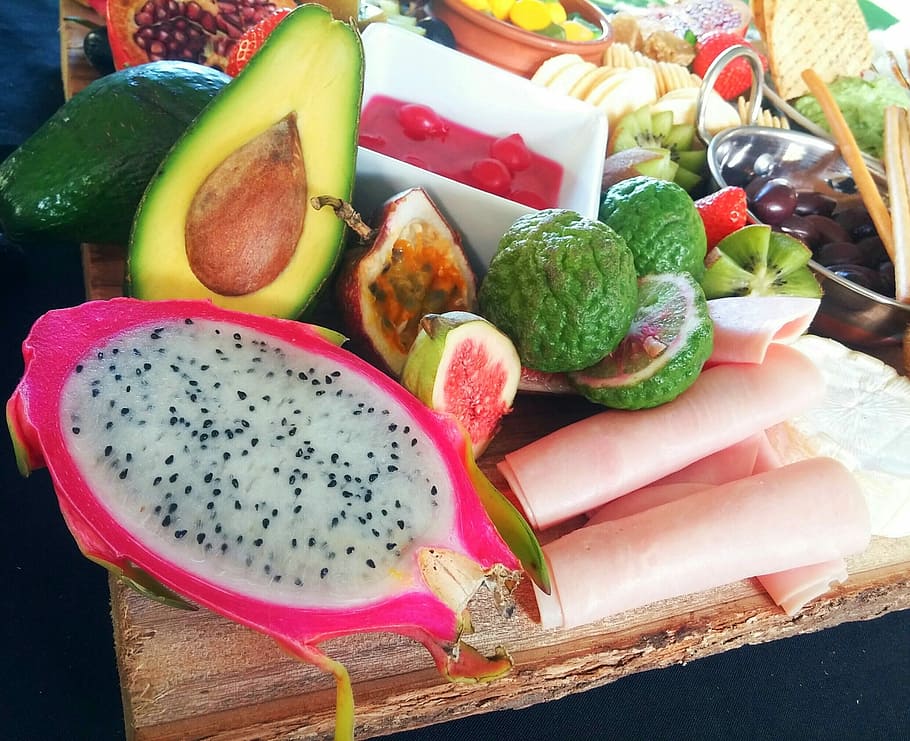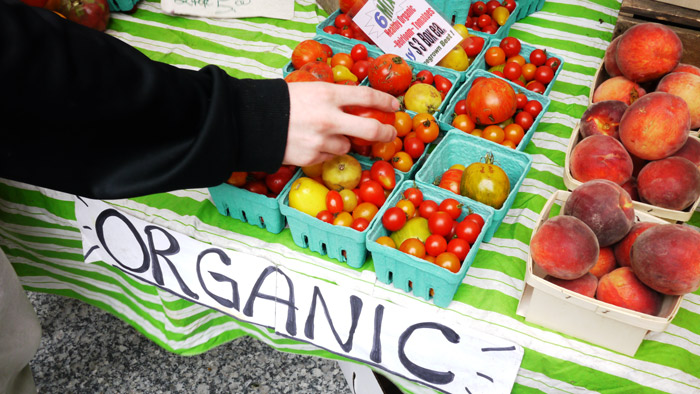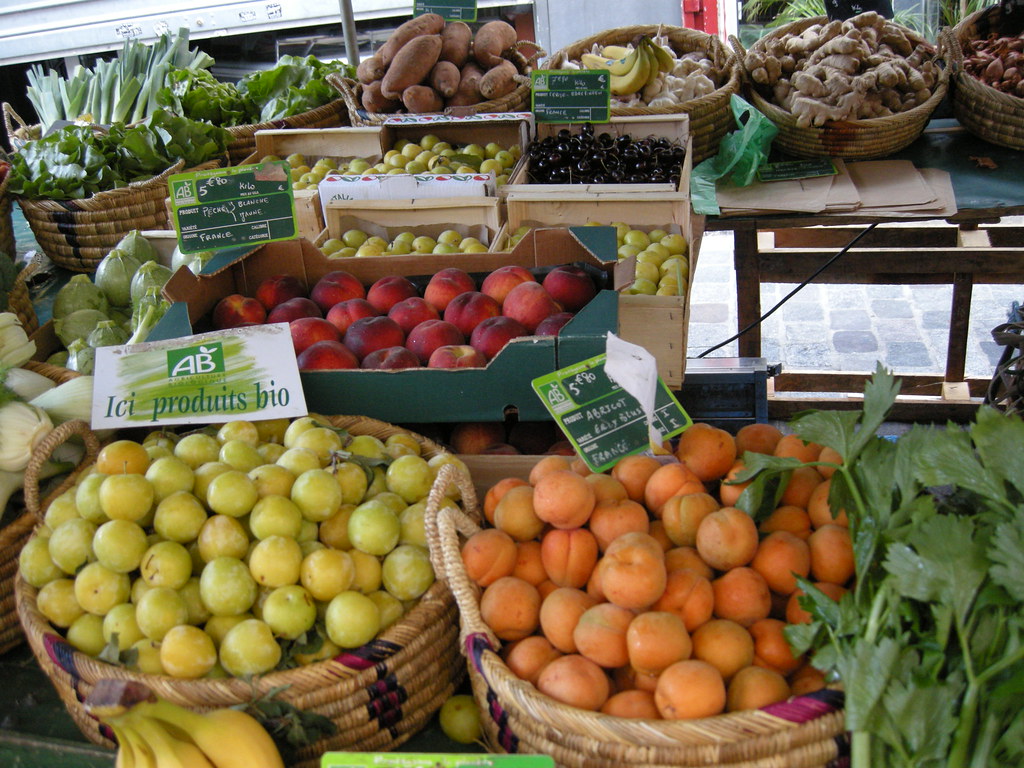What is Organic Food
Summary
Organic food: what is it?
Organic food: Pros and Cons
Why organic food?
More and more people are wondering whether they should eat organic or not. Food is the primary daily concern of the human being and the keystone of a healthy lifestyle. While there is no single way to eat well, there are principles to follow and pitfalls to avoid in order to regaining or maintaining good health.
While dietetics, fasting or dieting can bring a better well-being to our body, we can sometimes have doubts about the quality of our products and want to turn to organic food. A few questions often come to mind:
- Is this one better for our health?
- Is its high price justified?
- How can we find a point of sale?
A short overview…
Organic food: what is it?

How to differentiate an organic product from an ordinary product?
Organic food is made from ingredients from organic farming: fruit, vegetables, cereals.
For processed products – such as biscuits or ready-made meals – they will have to contain a minimum of 95% organically grown ingredients to obtain the organic label.
Food labelling

Nutrition claims on packaging and tools help guide consumer choices towards healthy food choices. There are also food labels that are proving to be very useful.
The organic product can therefore be recognised by a clearly notified label on its packaging.
It can be bought:
either in a specialist shop: organic product distribution chains, health food shops ;
or in a supermarket: in the section dedicated to “organic” products and clearly indicated in the store;
or at certain trade fairs dedicated to dietetics or organic products.
Organic food: obligation of the organic label
To obtain the organic label, a product must meet a certain number of criteria and must meet precise specifications that ensure its quality.
There are various organic labels for Organic Agriculture to guarantee consumers that :
– fruits and vegetables do not contain GMOs (genetically modified organisms),
– they have not undergone any chemical treatment: pesticides, synthetic fertilizers, nitrate . . ;
for livestock products:
– the farms were controlled and the animals were not given growth hormones,
– no farm has been fed with meat-and-bone meal,
– the breeding conditions must be up to standard.
Good to know: A study in June 2019 revealed that 72% of non-organic fruits and 43% of non-organic vegetables are contaminated by pesticides
Organic food: pros and cons

Advantages of organic food
The main criteria that lead to organic consumption are:
– the assurance of having quality products and therefore healthier for the health;
– their traceability through strict specifications controlled by certification bodies;
– respect for the environment.
Note: Many articles have questioned the reliability of certification bodies. Studies have been carried out to compare the benefits of organic products on our health compared to those of a conventional diet, but it has not been scientifically proven that this type of diet is better. The debate remains open even if, in its 2019 recommendations, Public Health Canada encourages people to turn to organic food.
Disadvantages of an organic diet
– The cost is higher: this is due to more expensive means of production and more limited distribution networks;
– the price is on average 20-30% higher for organic products than for conventional food;
– the preservation is less good: most products keep for less time because they use fewer preservatives to comply with standards and specifications;
– on the other hand, organic dry products can produce food moths quite quickly for the same reasons: it will therefore be necessary to be more vigilant about their storage and conservation;
– sales outlets do not always have sufficient stocks.
Why choose organic food?
We can see that, overall, organic food is on the rise.
Very often, this craze goes with a certain spirit:
– respect for the environment;
– concern for one’s well-being;
– willingness to eat balanced and healthy;
– a healthy lifestyle including sport, yoga, thalassotherapy, etc…
Usually, a person will choose organic food because he want to eat well, hence his needs to know about foods, including their nutritional profile by promoting the right macronutrients (protein, fat, carbohydrates, fibre) and micronutrients and avoiding undesirable molecules such as EFAs, hydrogenated oil and oxidants.
The evolution of diet with the multiplicity of available foods, dietary patterns and hectic lifestyles has disrupted our relationship with food. Organic benchmarks are therefore particularly important with regard to meals, food and dietary hygiene rules.
Eating organic food helps to avoid over-damaging the body, which is subjected to numerous aggression on a daily basis: pollution, stress, etc. But this represents a cost. If you need to select from among the products to choose from in the organic section, here are the essentials and good advice on how to find and choose them.




1 Response
[…] • What Is Organic Food […]